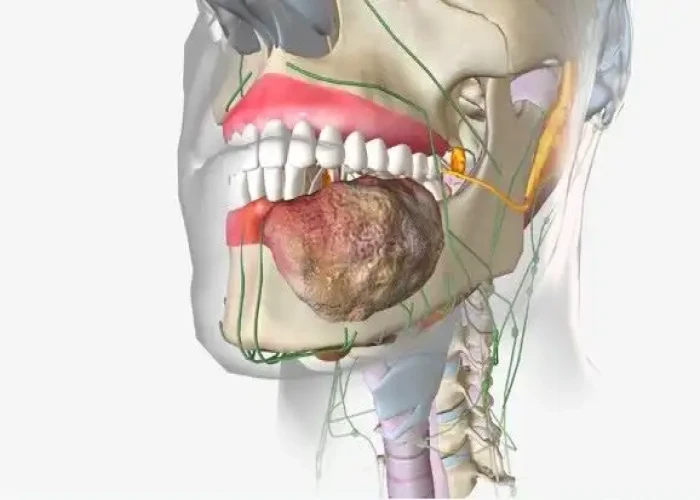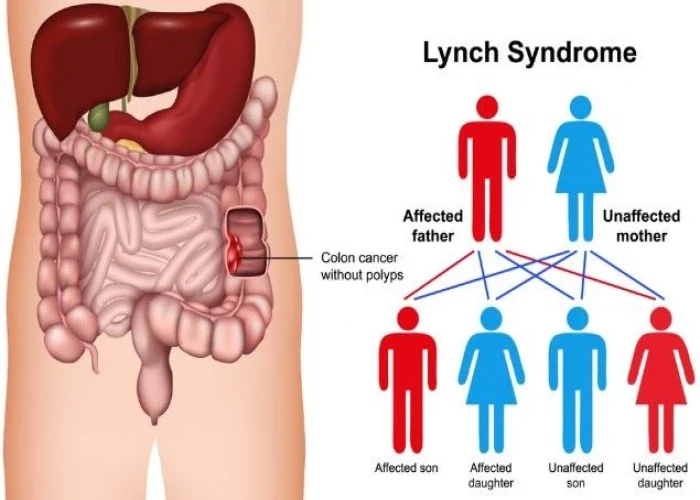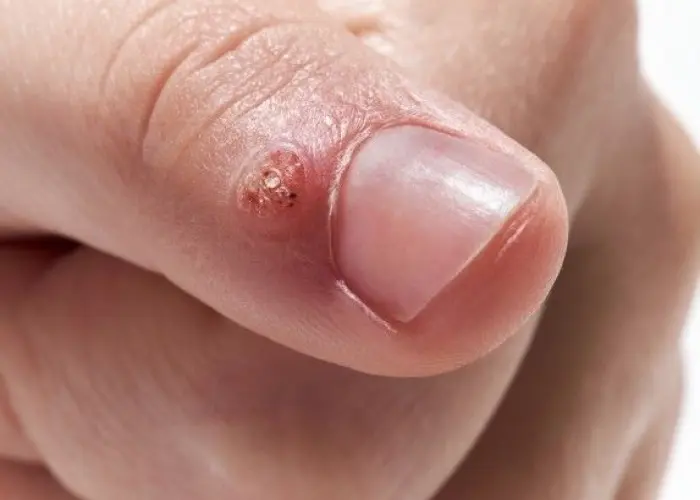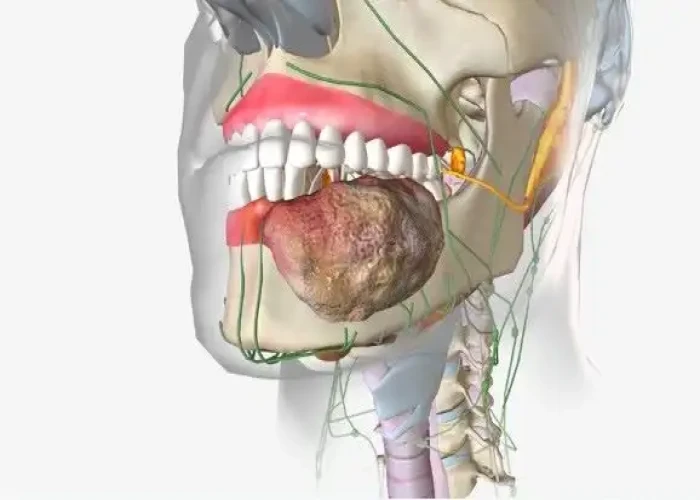 Welcome
Welcome
“May all be happy, may all be healed, may all be at peace and may no one ever suffer."
Soft palate cancer

Soft palate cancer is a type of cancer that affects the soft tissue at the back of the roof of the mouth, known as the soft palate. It is a relatively rare form of head and neck cancer, accounting for less than 1% of all cancers.
The symptoms of soft palate cancer can include a sore throat, difficulty swallowing, ear pain, a lump in the throat, and changes in the voice. Other symptoms may include a persistent cough, unexplained weight loss, and fatigue.
The exact cause of soft palate cancer is not fully understood, but it is believed to be related to exposure to risk factors such as smoking, heavy alcohol consumption, and human papillomavirus (HPV) infection. Soft palate cancer is more common in men than women and is more likely to occur in people over the age of 40.
The diagnosis of soft palate cancer typically involves a physical exam, imaging tests, and a biopsy of the affected tissue. Treatment for soft palate cancer depends on the stage and location of cancer and may include surgery, radiation therapy, chemotherapy, or a combination of these treatments.
Early diagnosis and treatment are important in improving the prognosis for soft palate cancer. If you experience any symptoms of soft palate cancer or have a history of risk factors, it is important to consult with a healthcare provider for further evaluation and diagnosis.
Research Papers
Disease Signs and Symptoms
- Palate pain
- Bad breath (halitosis)
- Mouth pain
- Mouth sores
- Loose teeth
- Swollen mouth
- Weight loss
- Ear pain
- Mouth cancer
Disease Causes
Soft palate cancer
Soft palate cancer forms when a genetic mutation turns normal, healthy cells into abnormal cells. Healthy cells grow and multiply at a set rate, eventually dying at a set time. Abnormal cells grow and multiply out of control, and they don't die. The accumulating abnormal cells form a mass (tumor). Cancer cells invade nearby tissues and can separate from an initial tumor to spread (metastasize) to other parts of the body.
Disease Prevents
Soft palate cancer
Ways to reduce your risk of soft palate cancer include:
- Don't use tobacco. If you don't use tobacco, don't start. If you currently use tobacco of any kind, talk with your doctor about strategies to help you quit.
- Limit alcohol if you choose to drink. If you choose to drink alcohol, do so in moderation. For healthy adults, that means up to one drink a day for women and up to two drinks a day for men.
- Get regular dental care. During your appointment, your dentist will check your mouth for signs of cancer and precancerous changes.
- Consider the HPV vaccine. Receiving a vaccination to prevent HPV infection may reduce your risk of HPV-related cancers, such as soft palate cancer. Ask your doctor whether an HPV vaccine is appropriate for you.
Disease Treatments
Treatment for soft palate cancer depends on many factors, such as the size and location of your cancer, your overall health, and your preferences.
Treatment options may include:
- Surgery. The goal of surgery is to remove as much of the cancer as possible. If the cancer is small, it may be removed during a short operation that won't require a hospital stay. Larger cancers may require more-extensive operations. When the cancer has spread to the neck lymph nodes, lymph node removal may be necessary.
- Radiation therapy. Radiation uses beams of intense energy, such as X-rays and protons to kill cancer cells. Radiation therapy can be used alone or with chemotherapy or surgery to treat soft palate cancers of all stages.
- Chemotherapy. Chemotherapy uses drugs to destroy cancer cells. Chemotherapy may be combined with radiation therapy.
- Reconstructive surgery. Depending on where the cancer is located and how far it has spread, reconstructive surgery may be necessary.
- Rehabilitative services. Rehabilitation specialists in speech therapy, swallowing therapy, dietetics, physical therapy and occupational therapy help with rehabilitation that may be necessary after surgery or radiation therapy.
- Palliative care. Palliative care is specialized medical care that focuses on providing relief from pain and other symptoms of a serious illness. Palliative care specialists work with you, your family and your other doctors to provide an extra layer of support that complements your ongoing care.
Disease Diagnoses
Disease Allopathic Generics
Disease Ayurvedic Generics
Disease Homeopathic Generics
Disease yoga
Soft palate cancer and Learn More about Diseases

Long QT syndrome

Metatarsalgia

Alzheimers disease

Enlarged liver

Patellar tendinitis

Agoraphobia

Lynch syndrome

HPV infection
soft palate cancer, নরম তালু ক্যান্সার
To be happy, beautiful, healthy, wealthy, hale and long-lived stay with DM3S.
